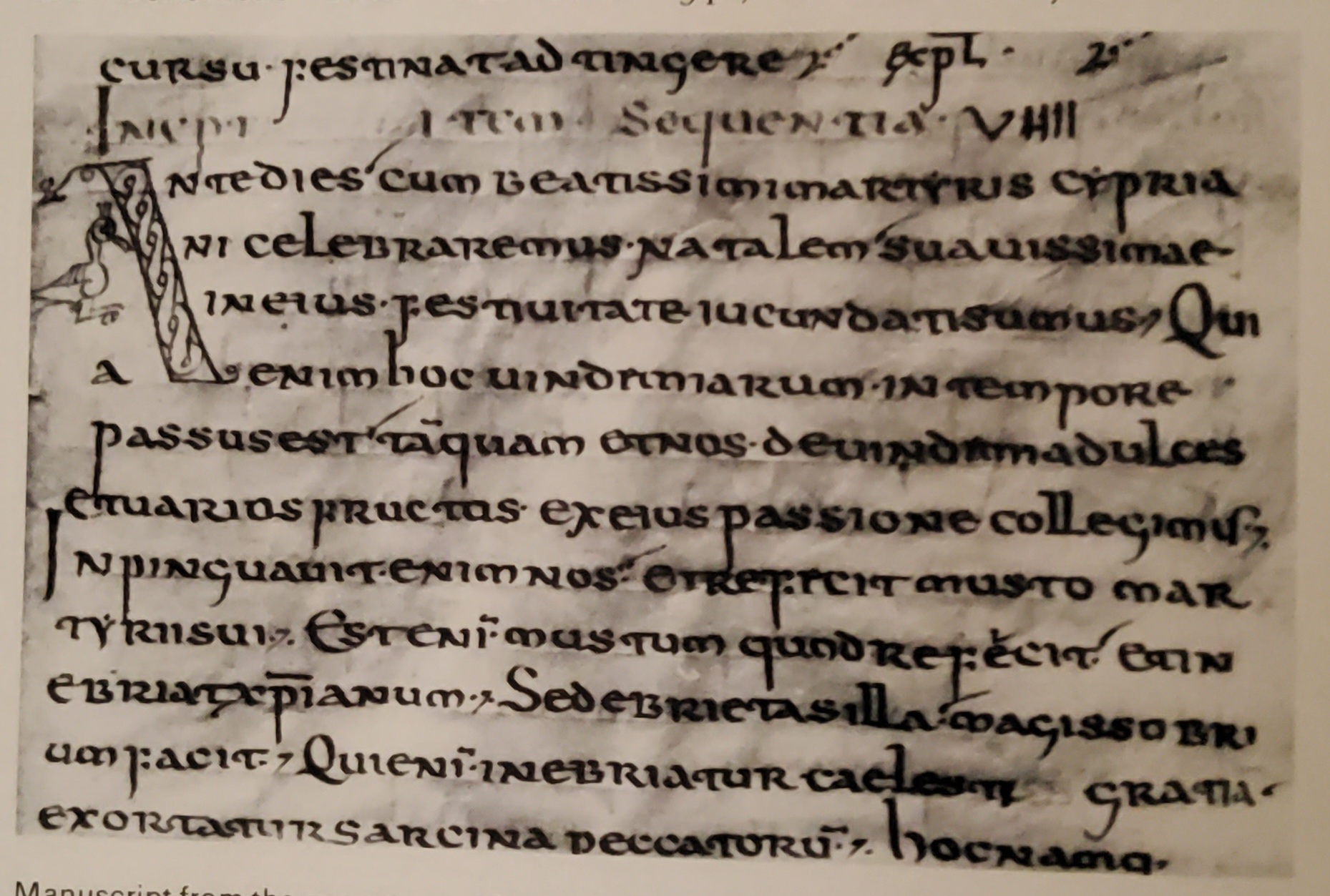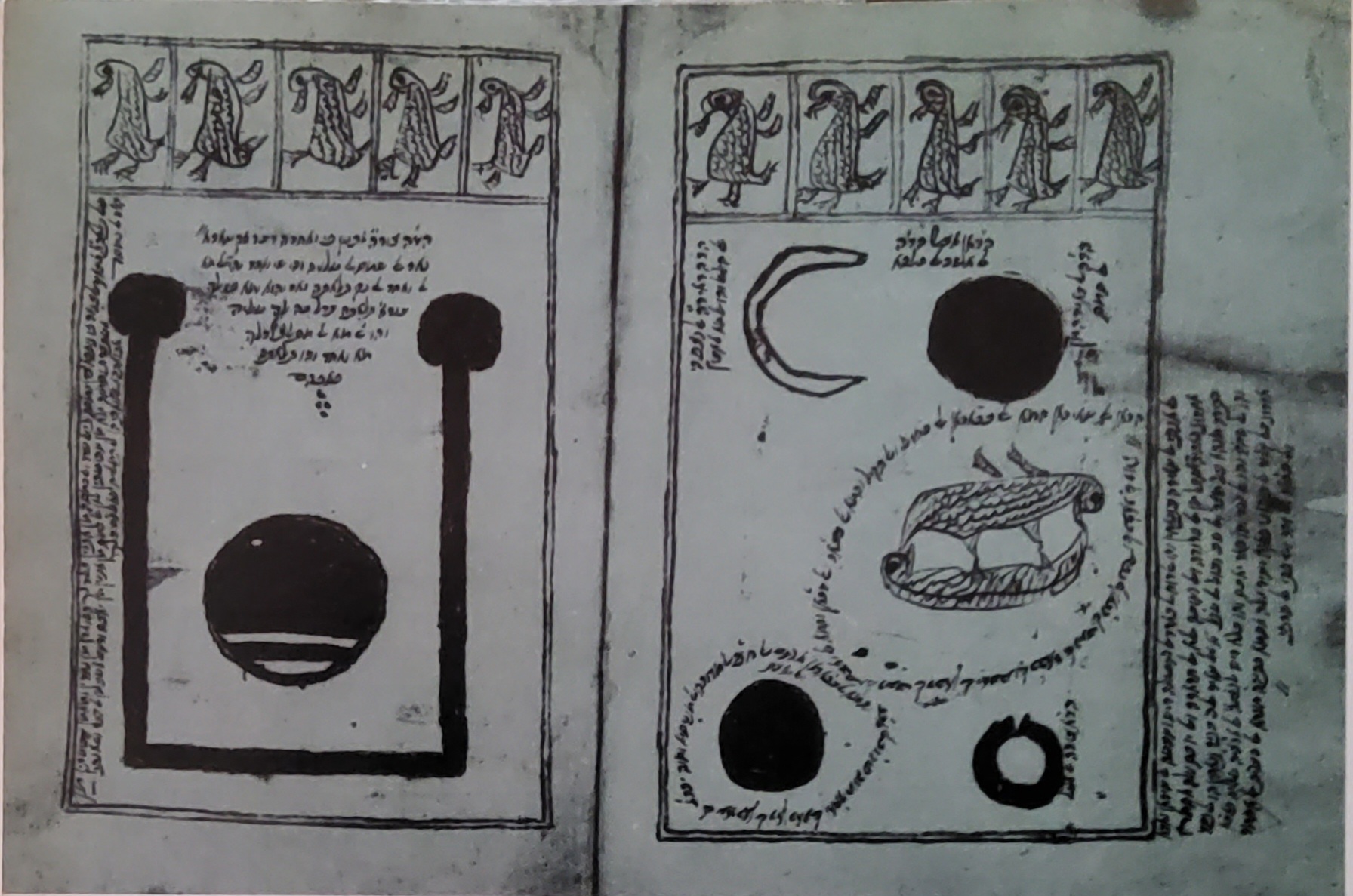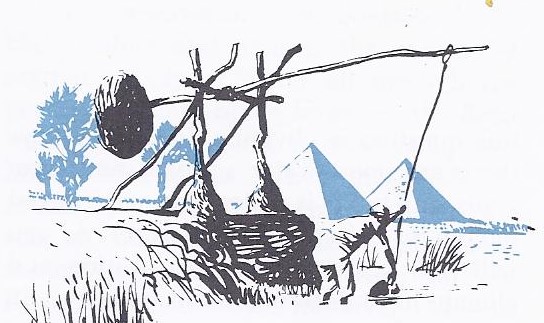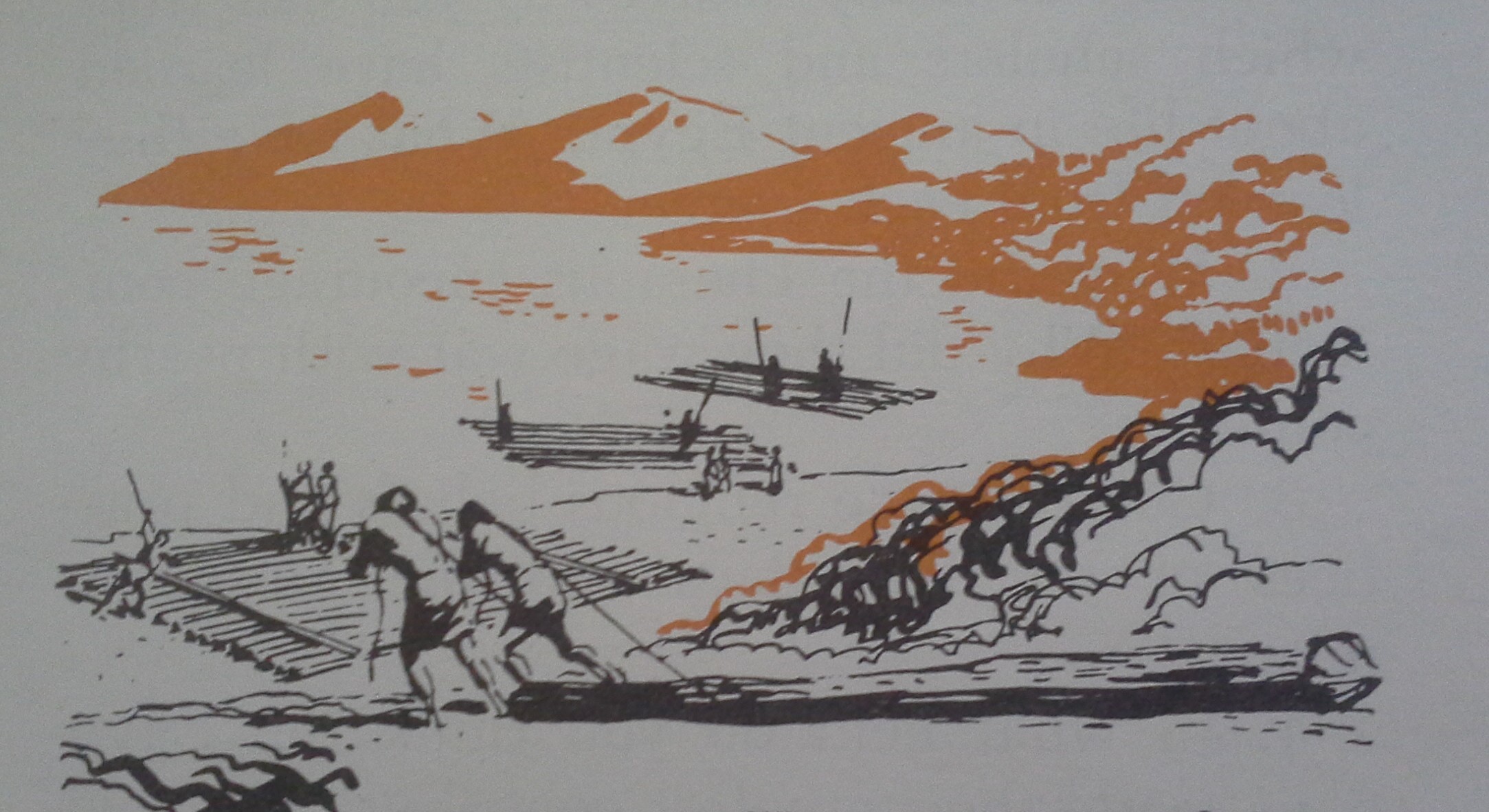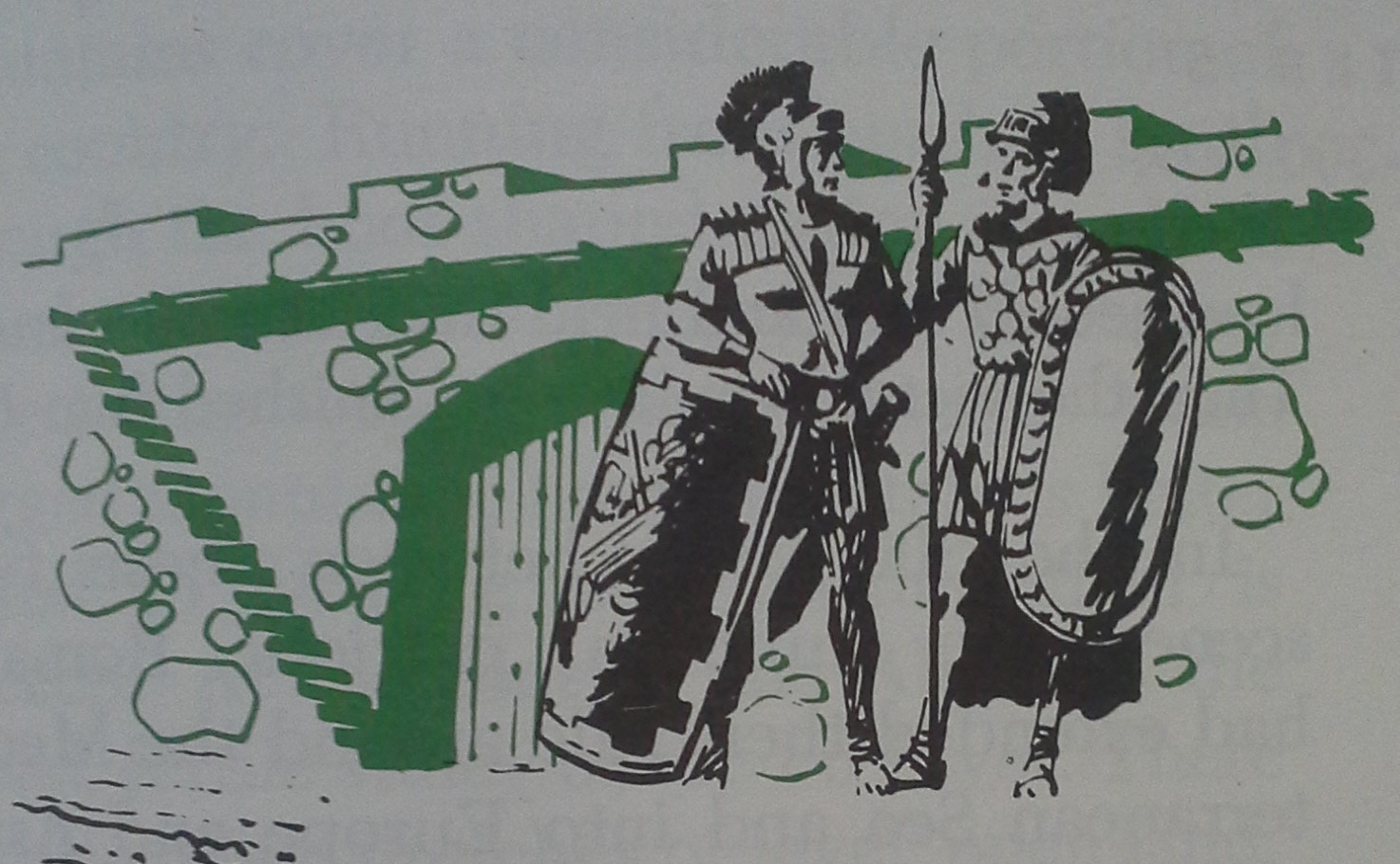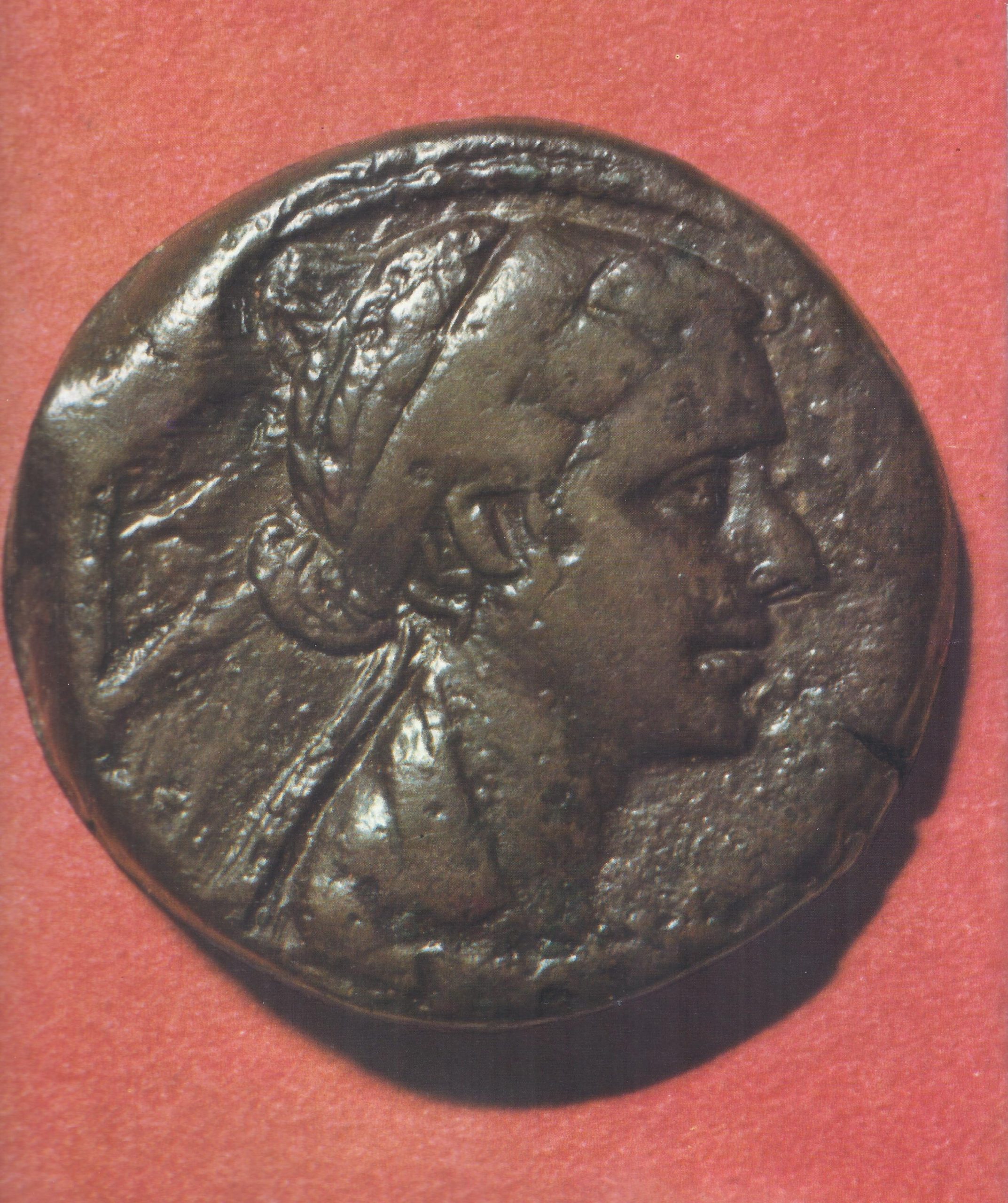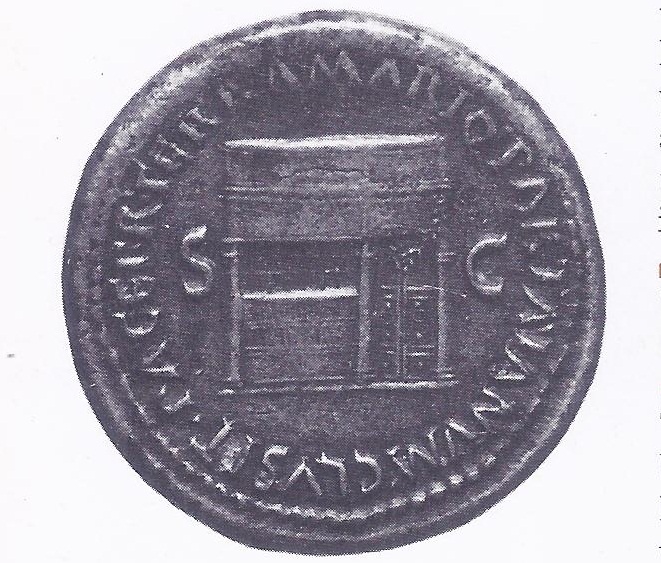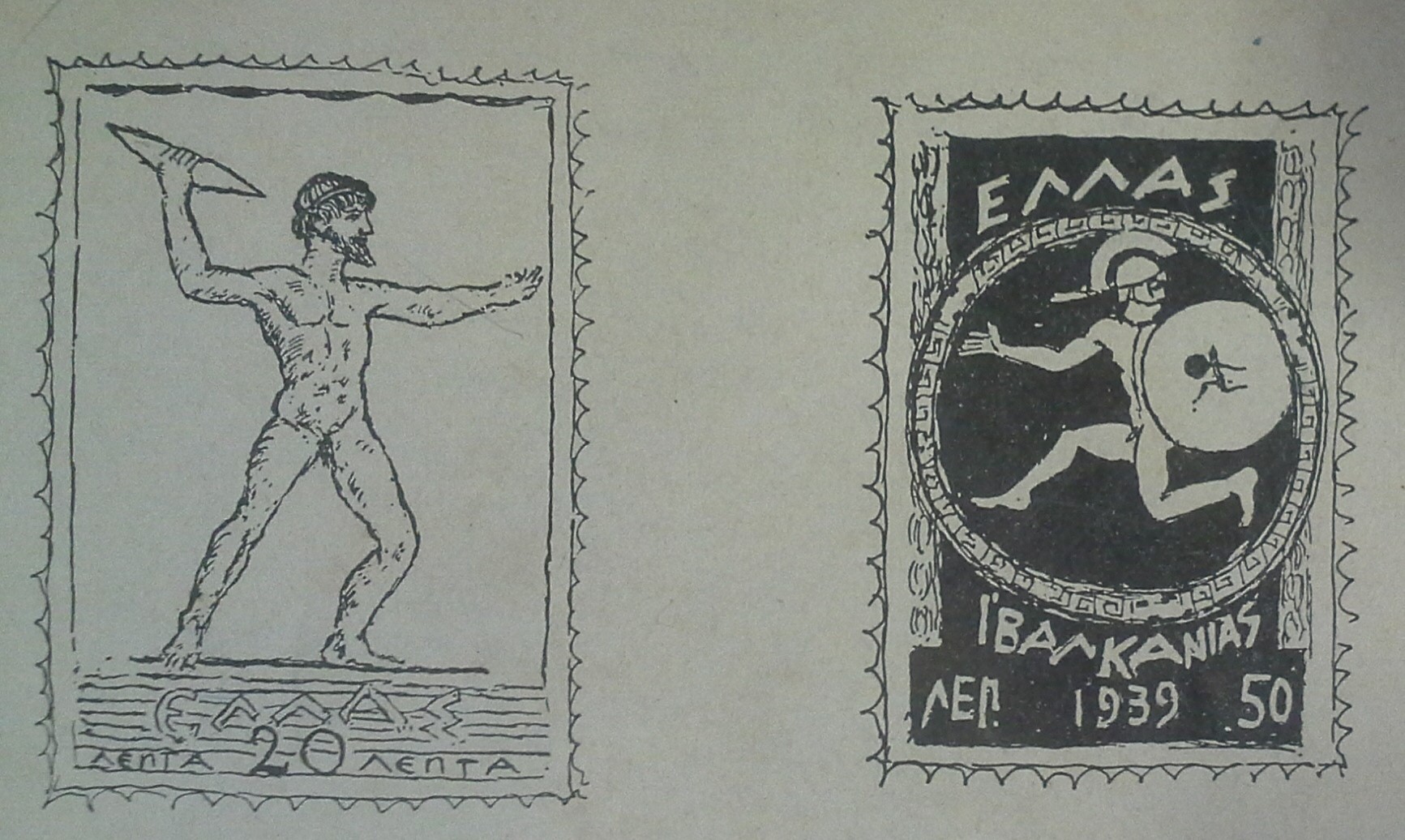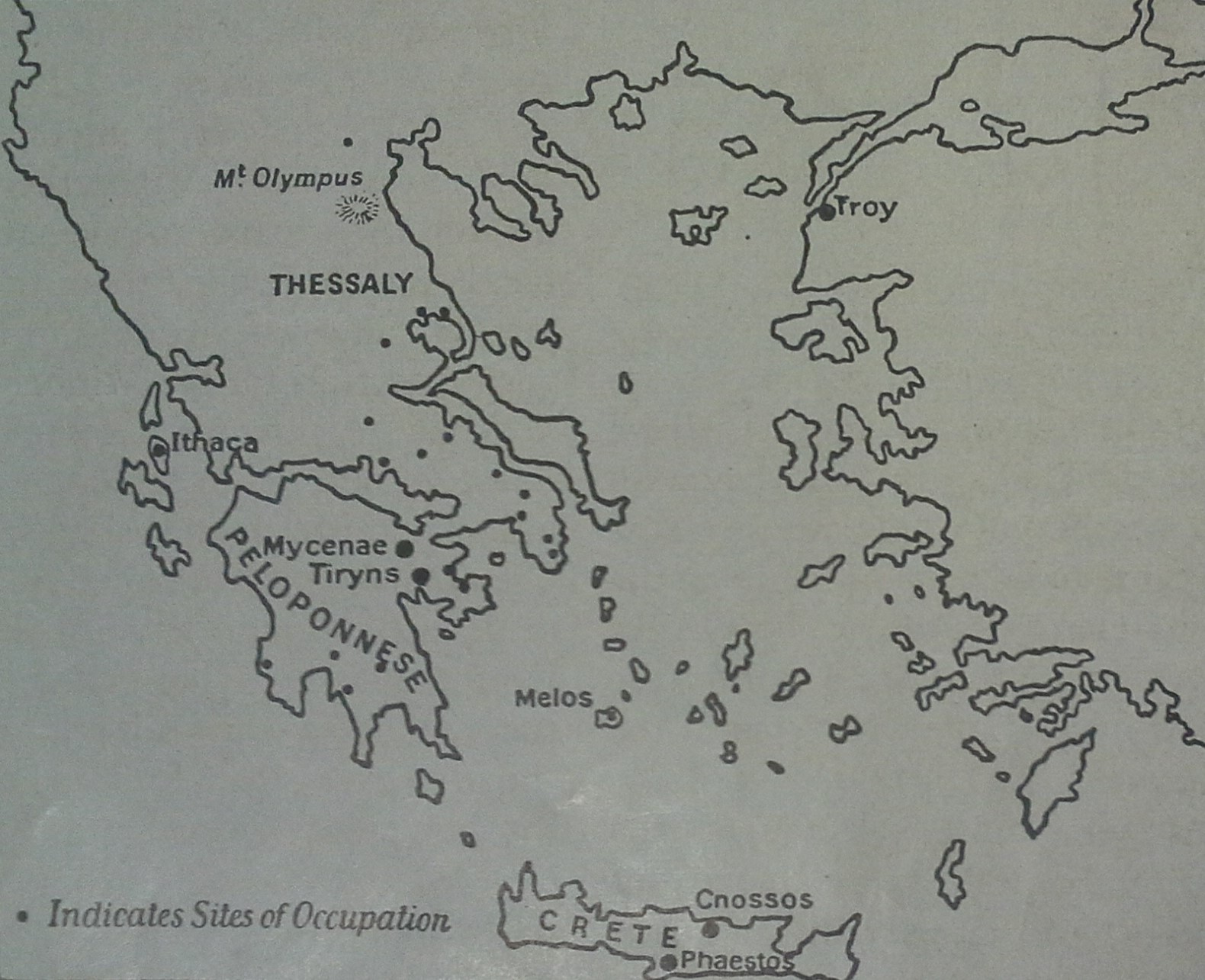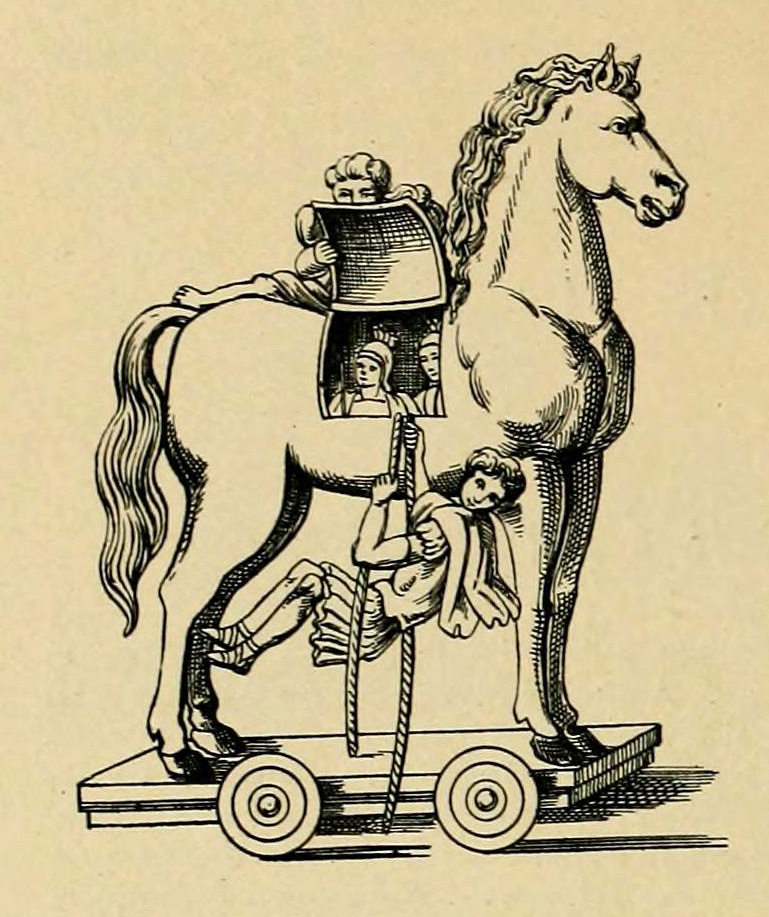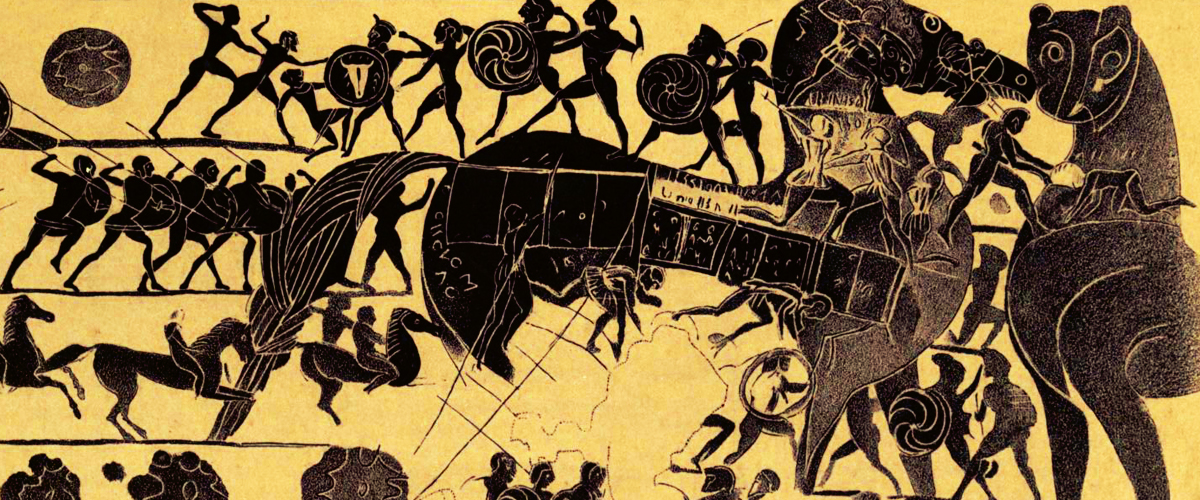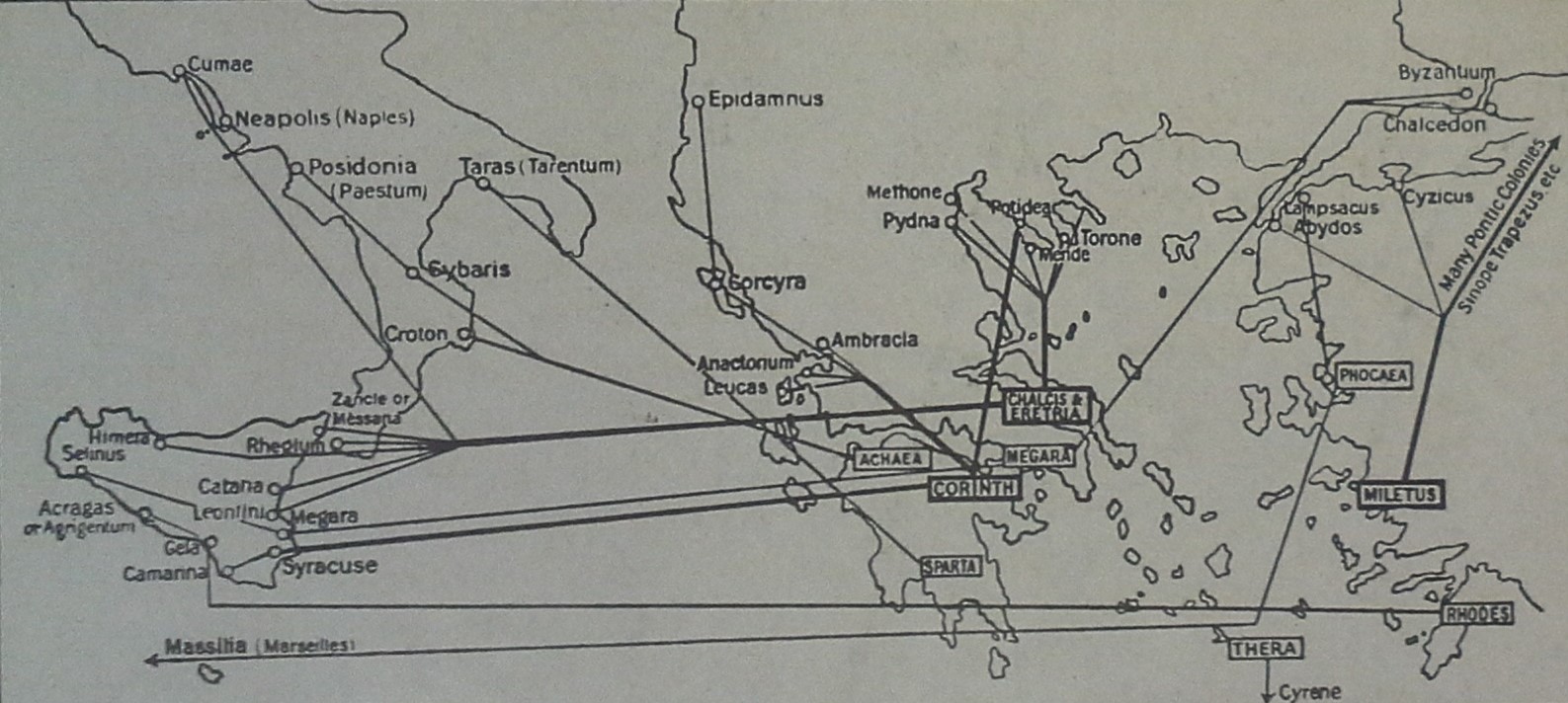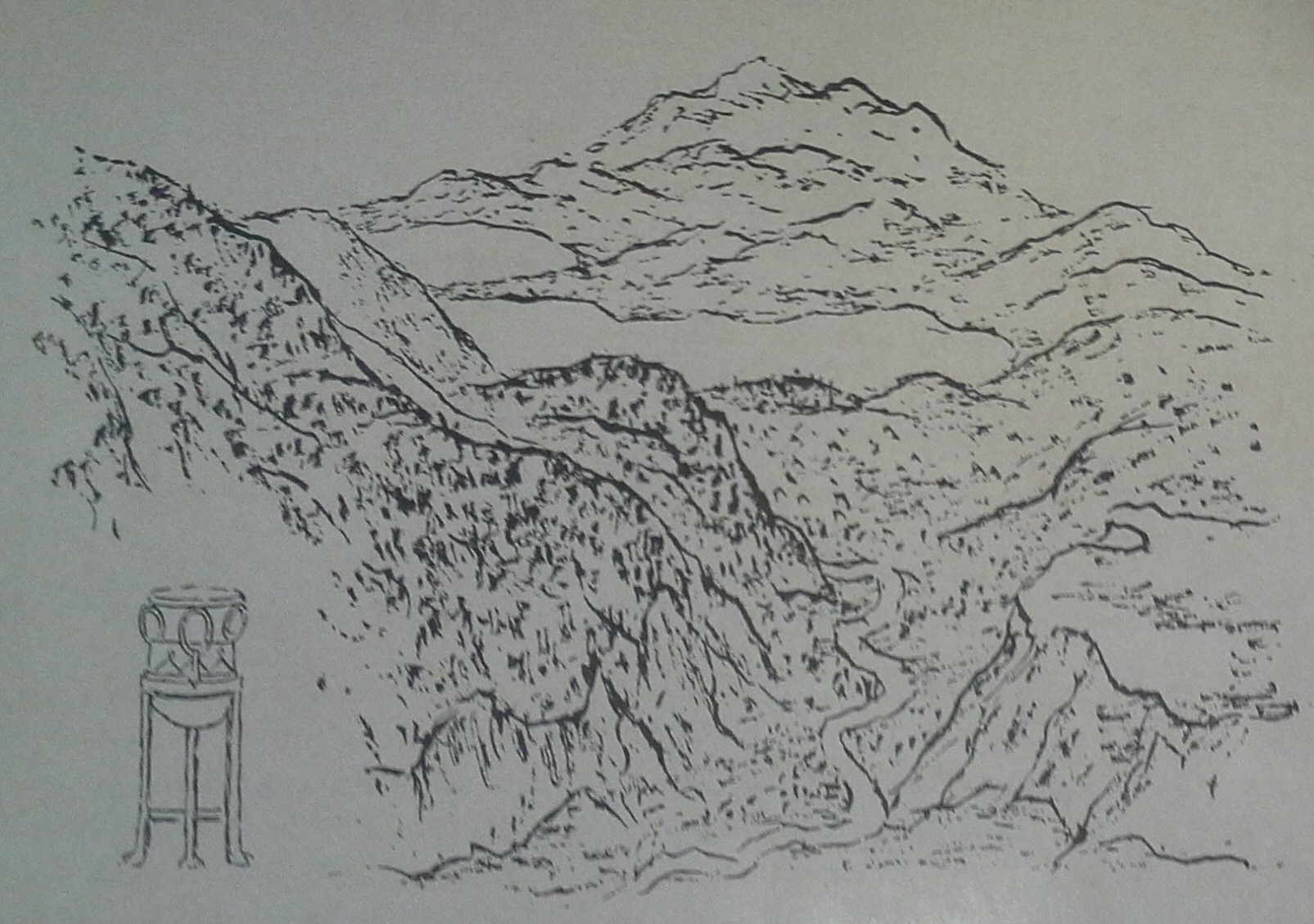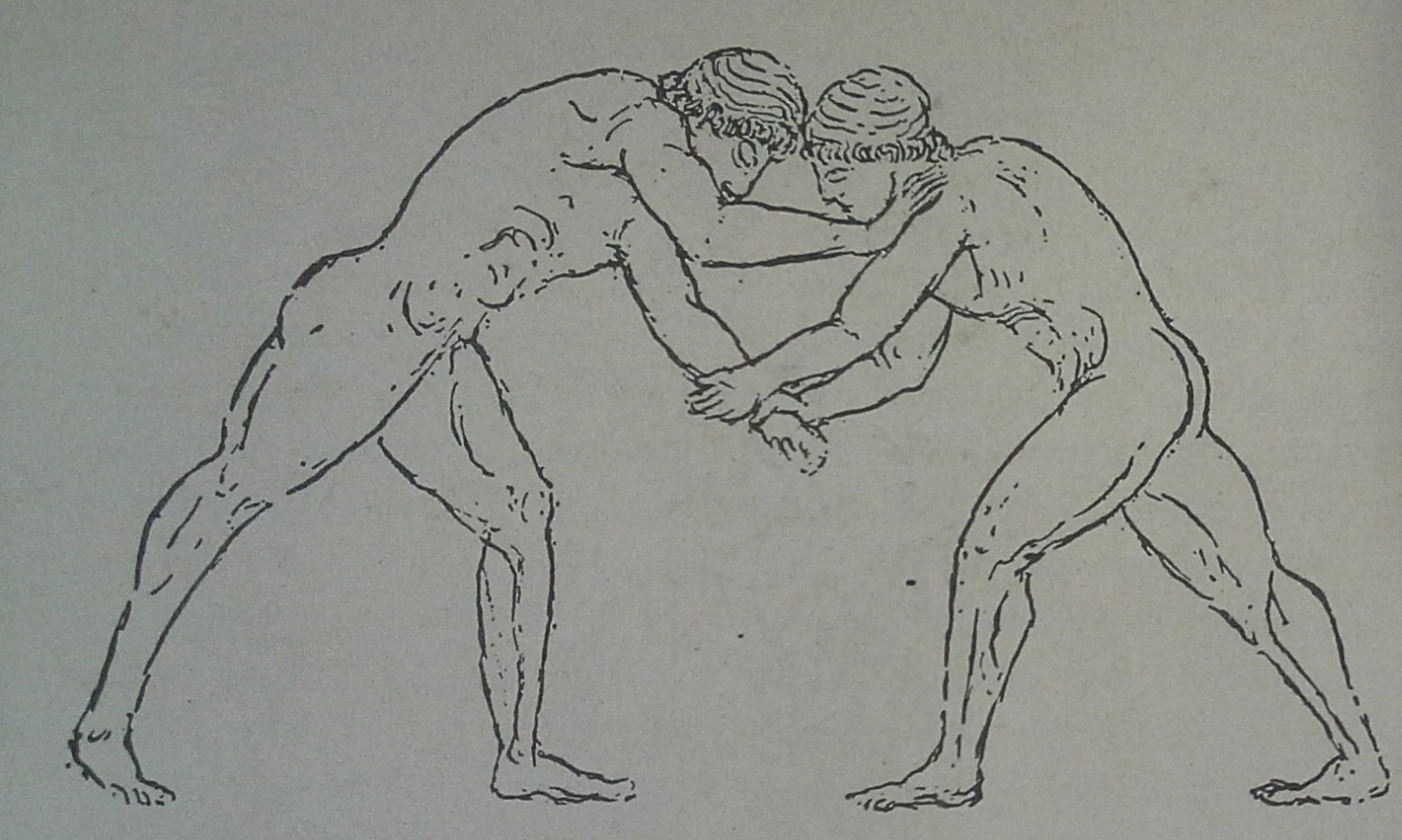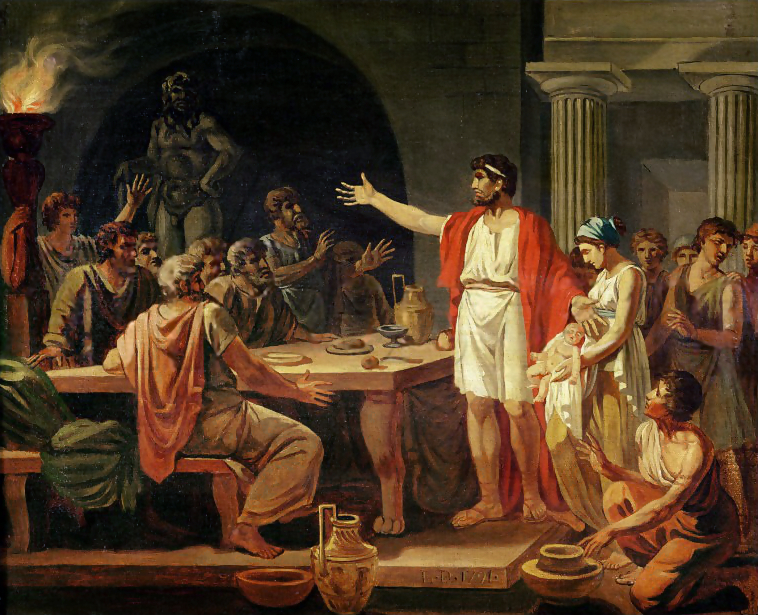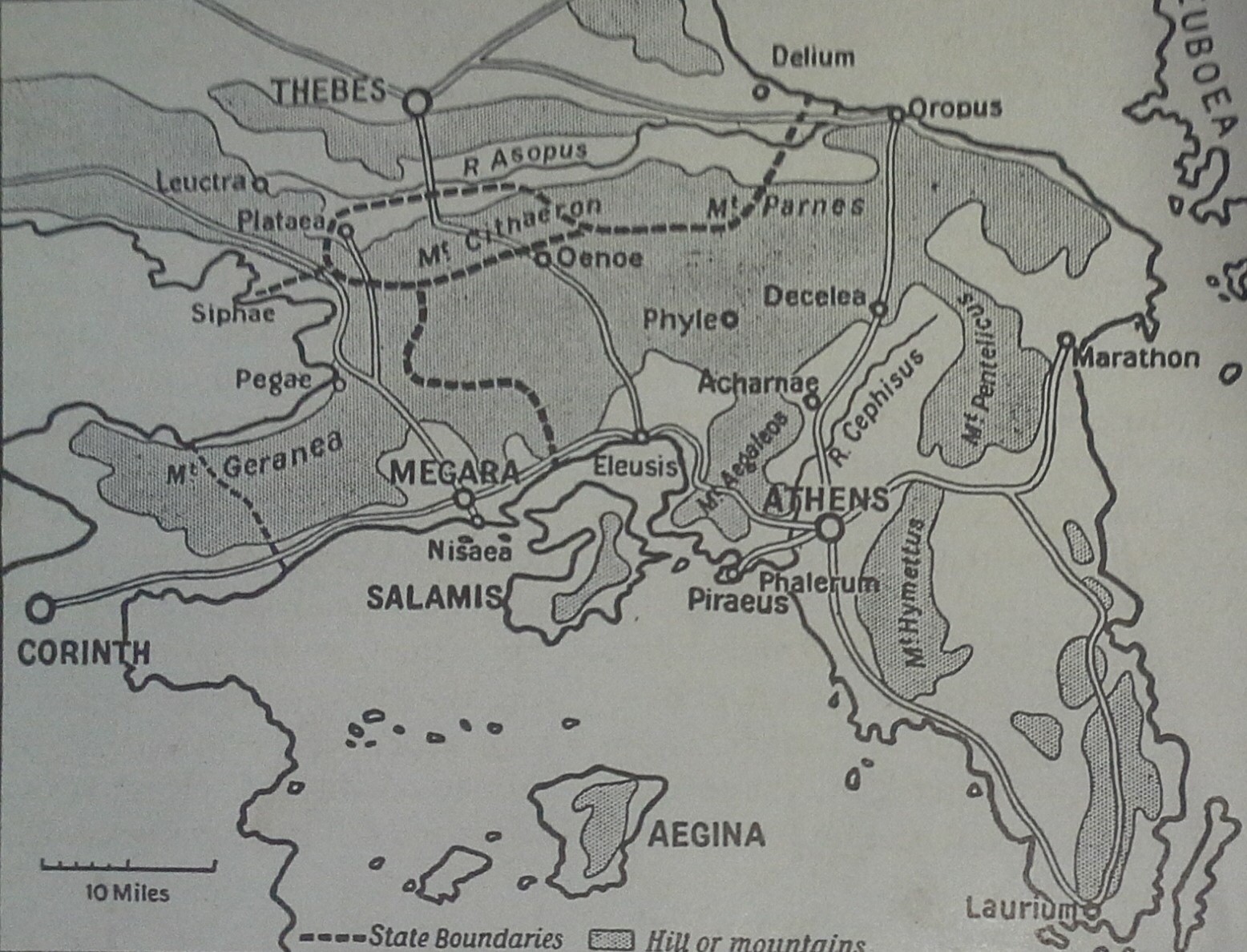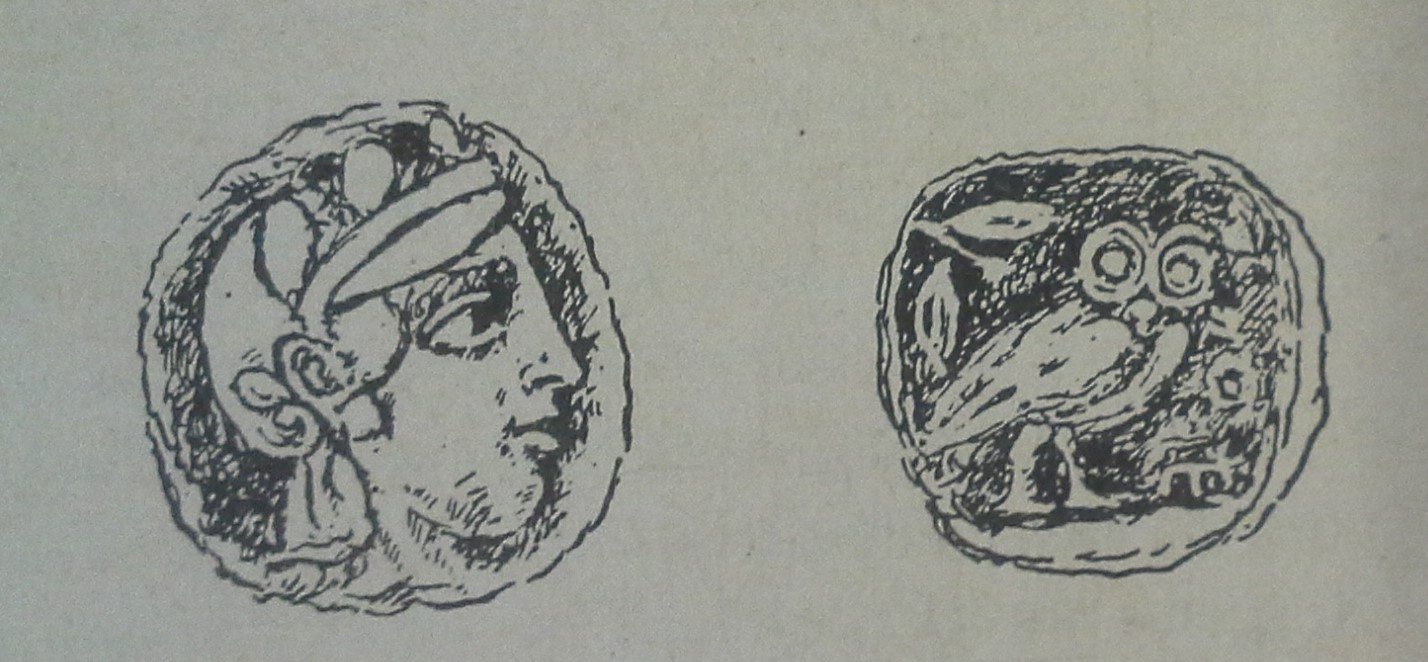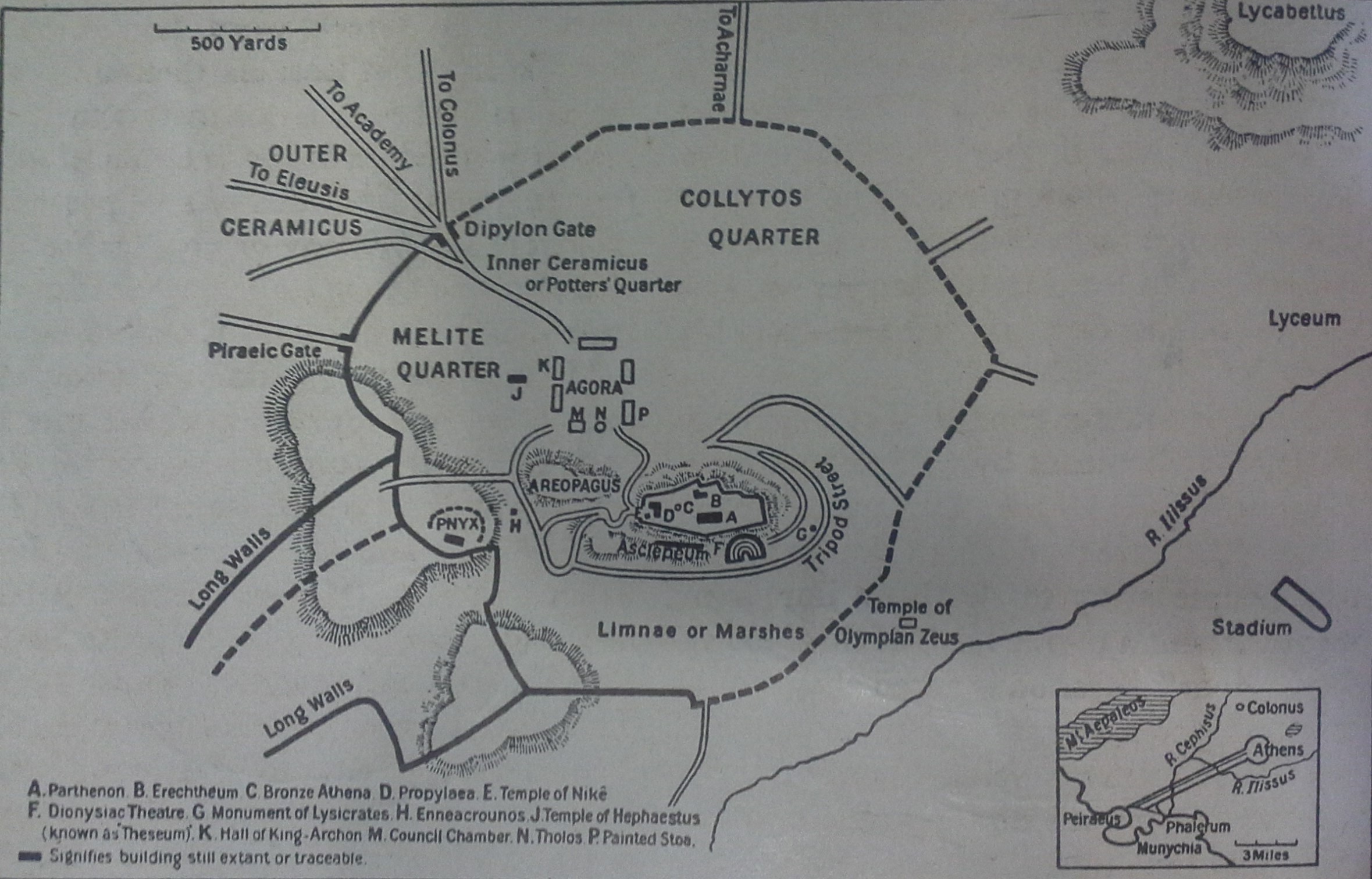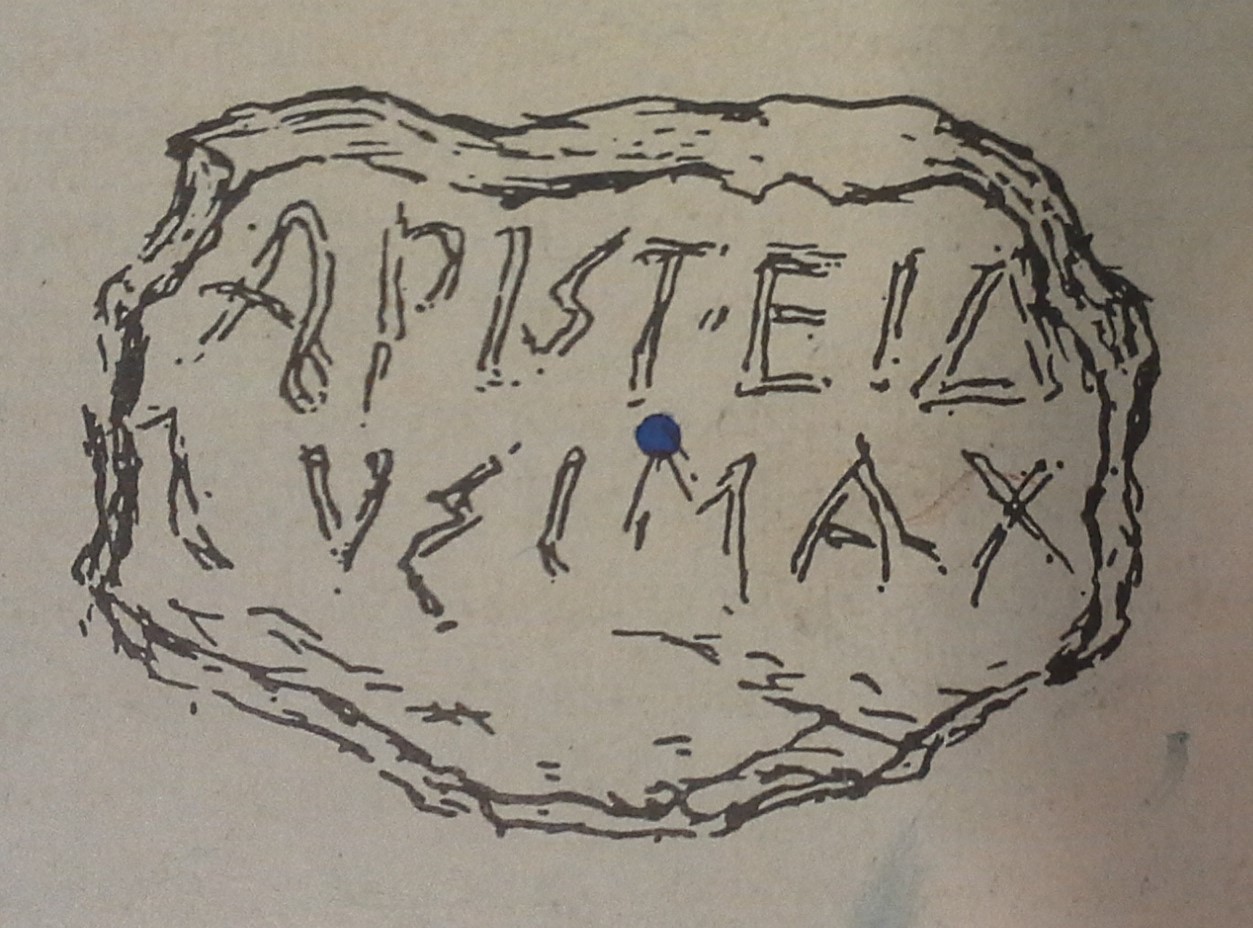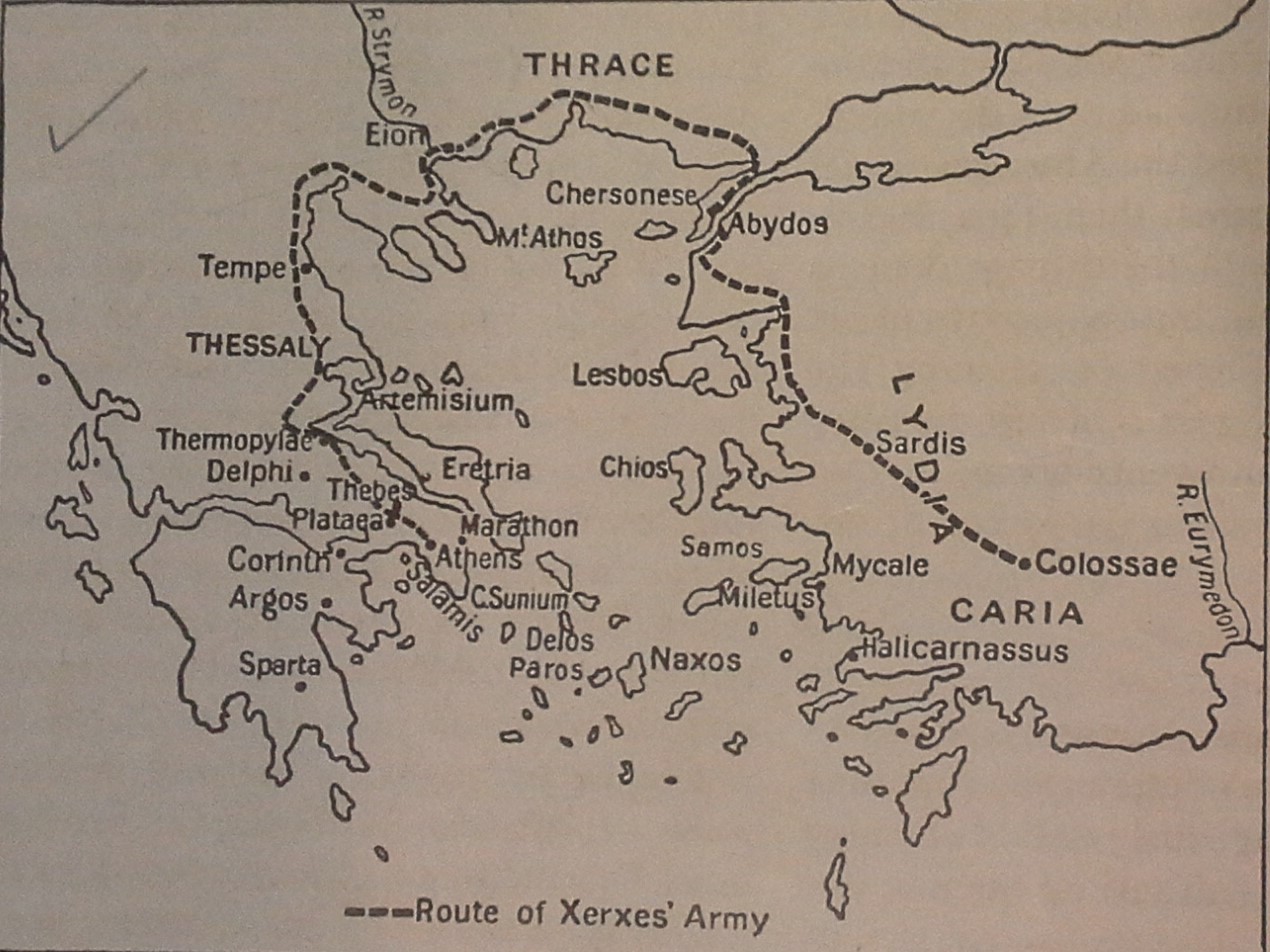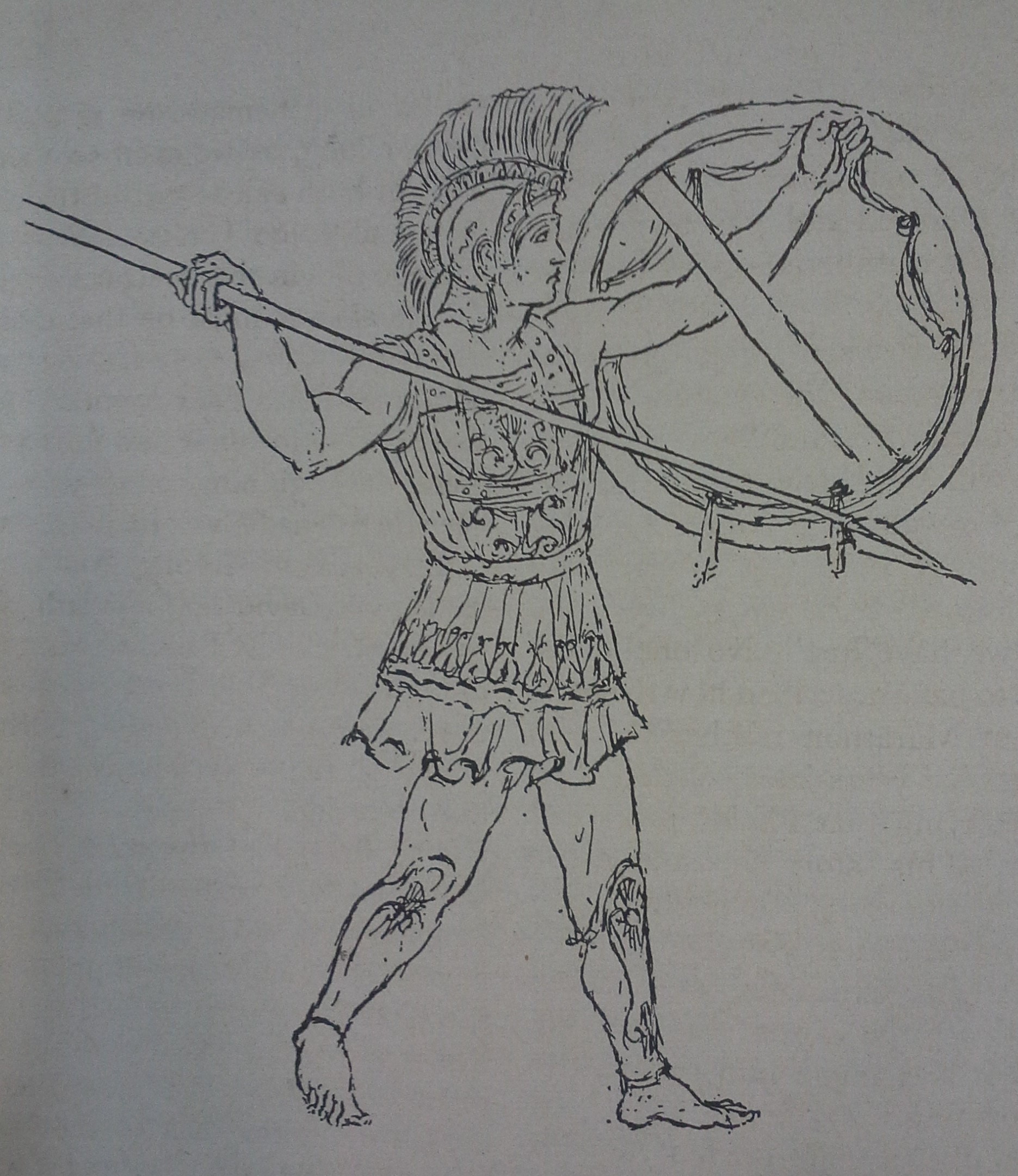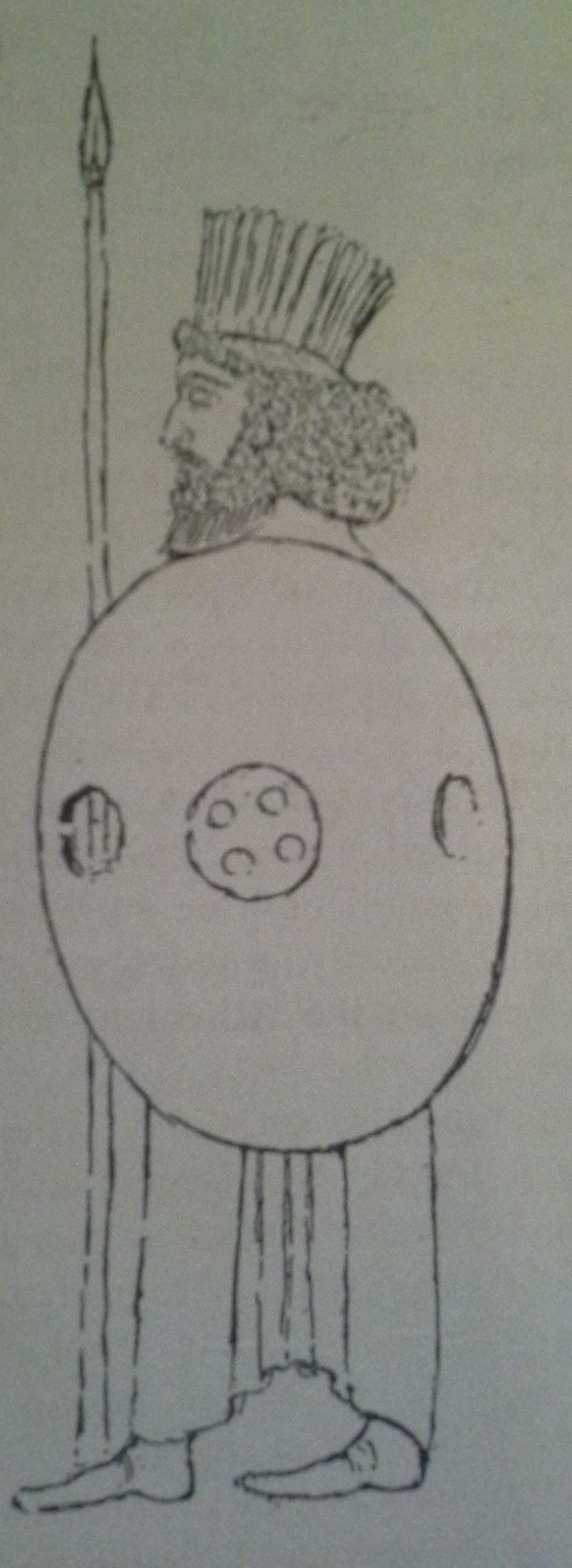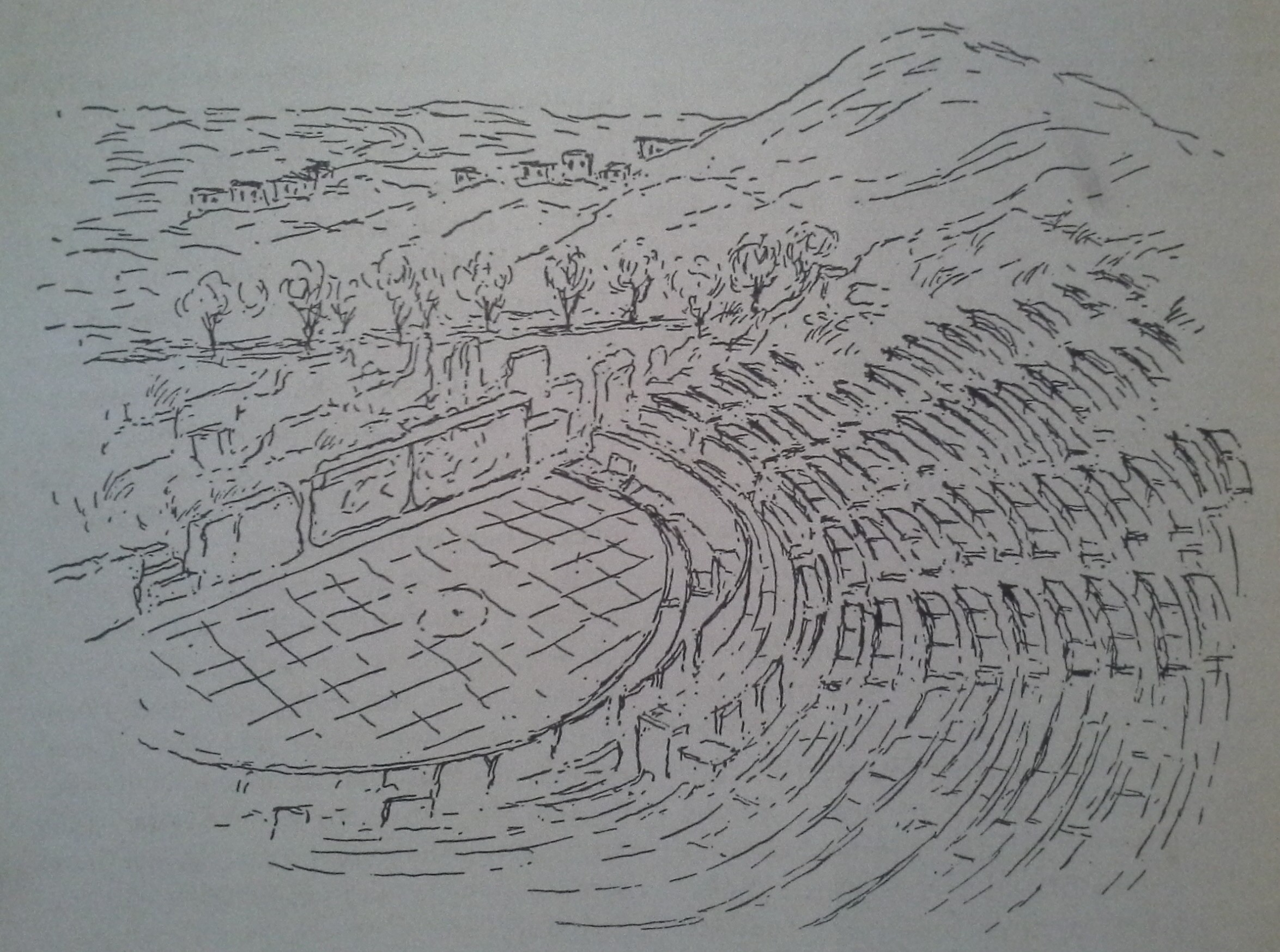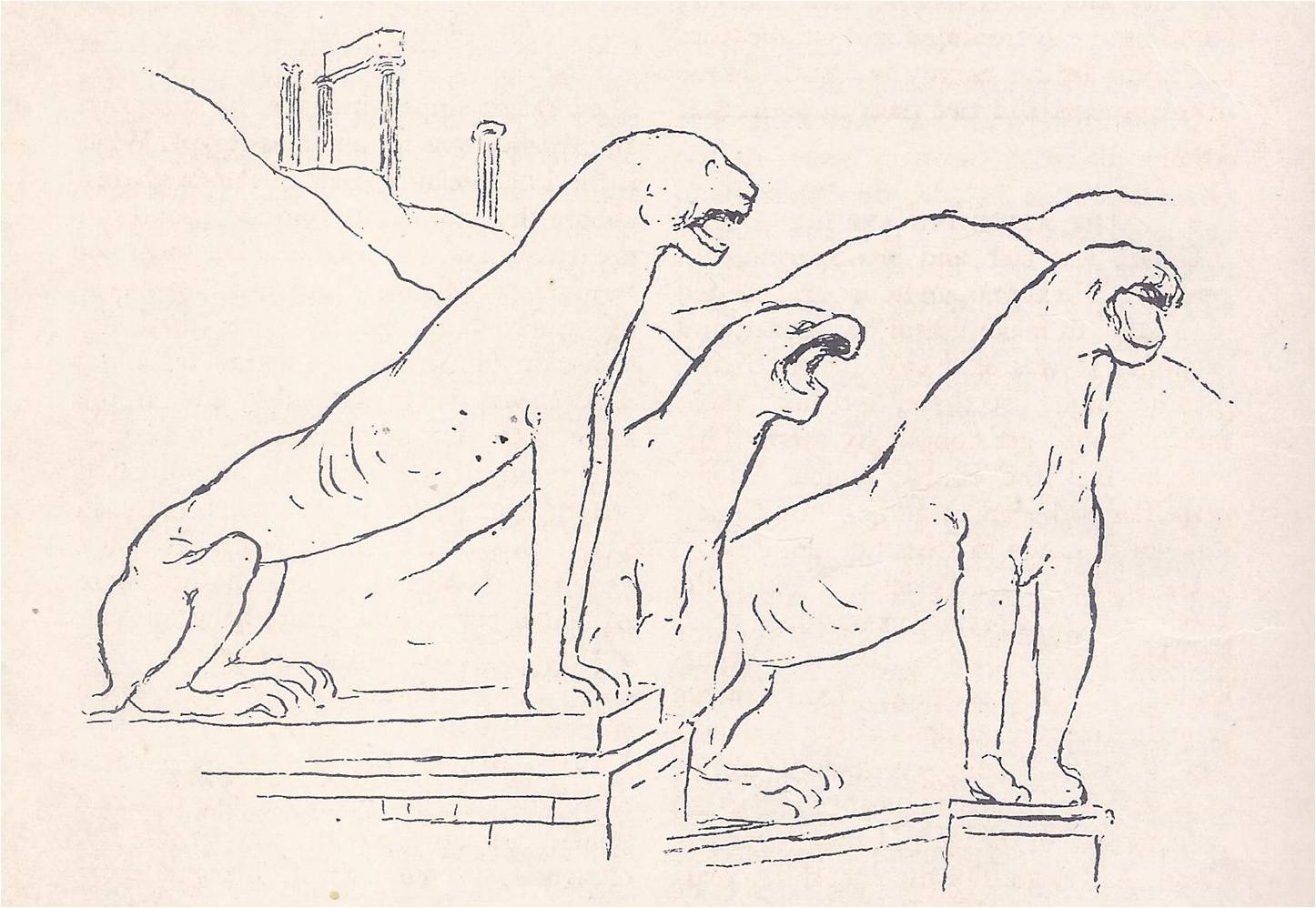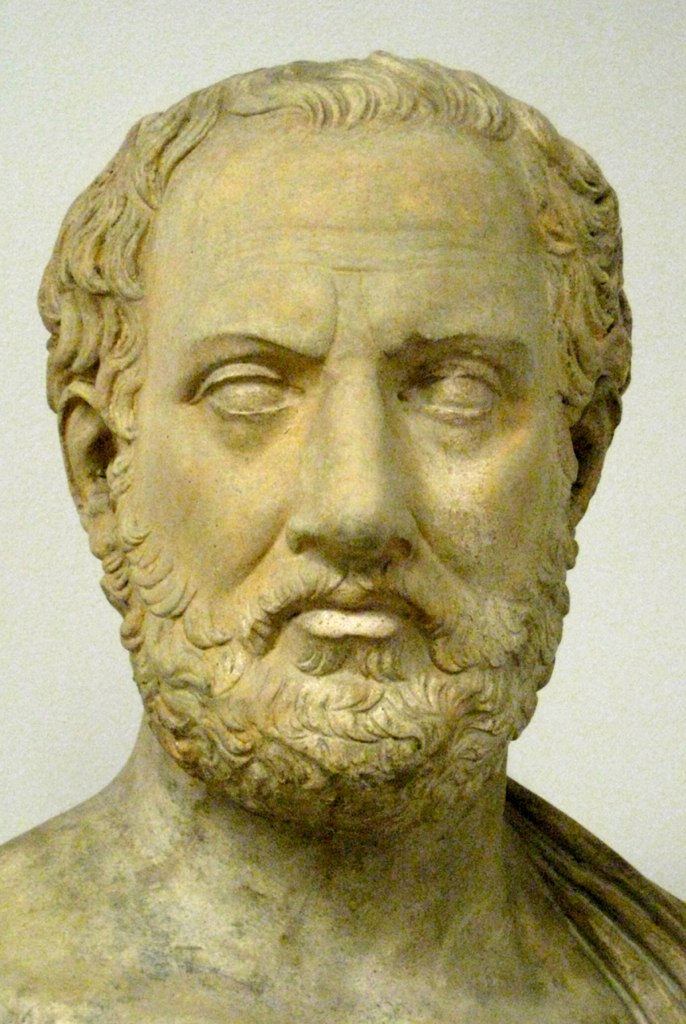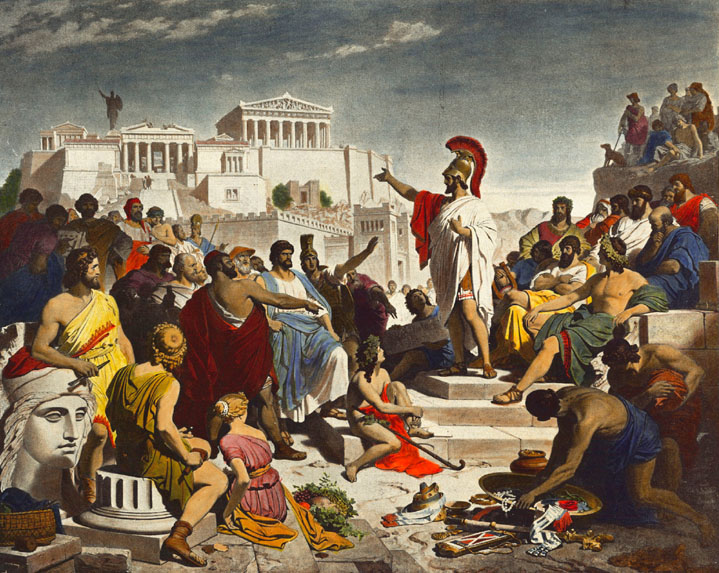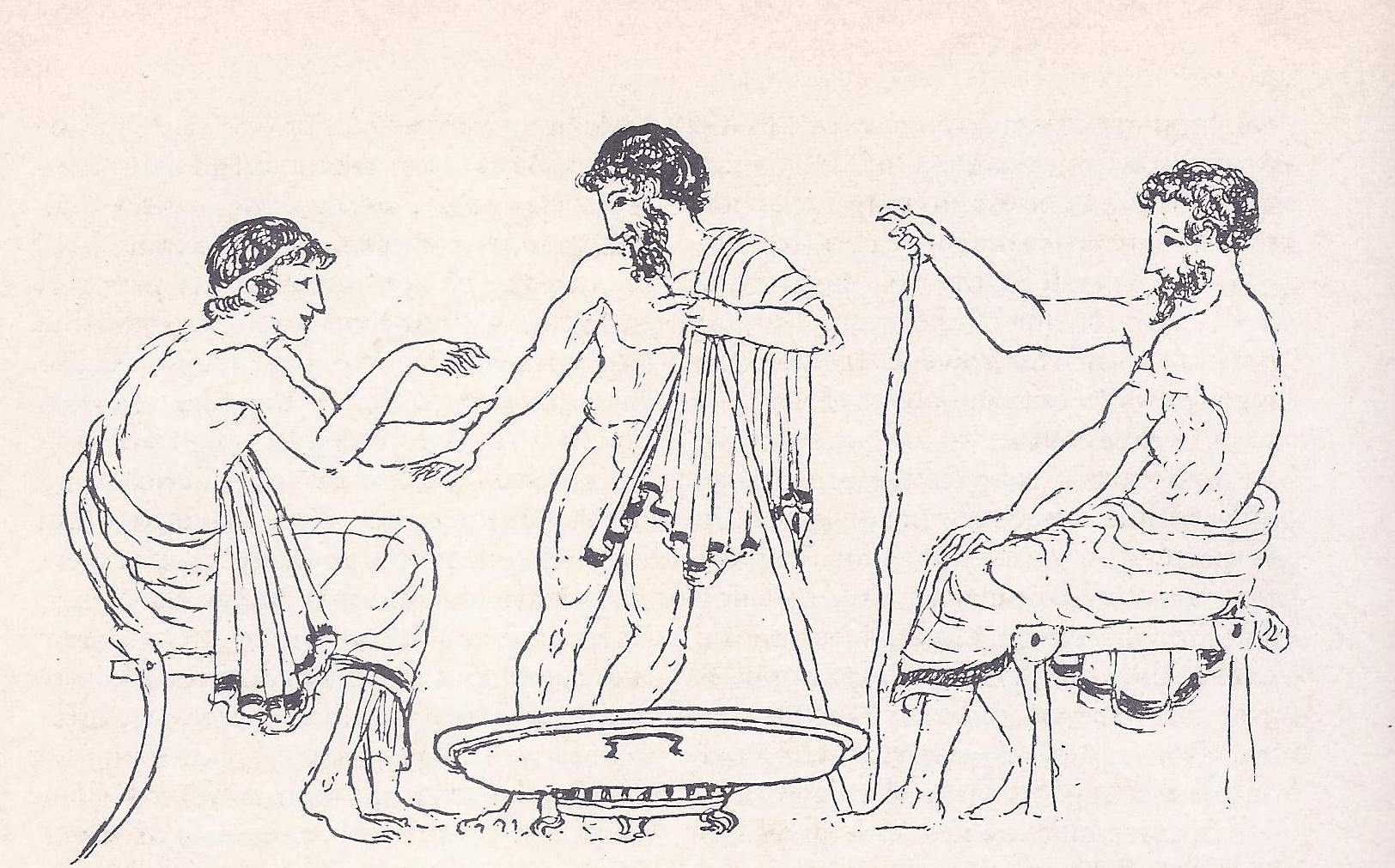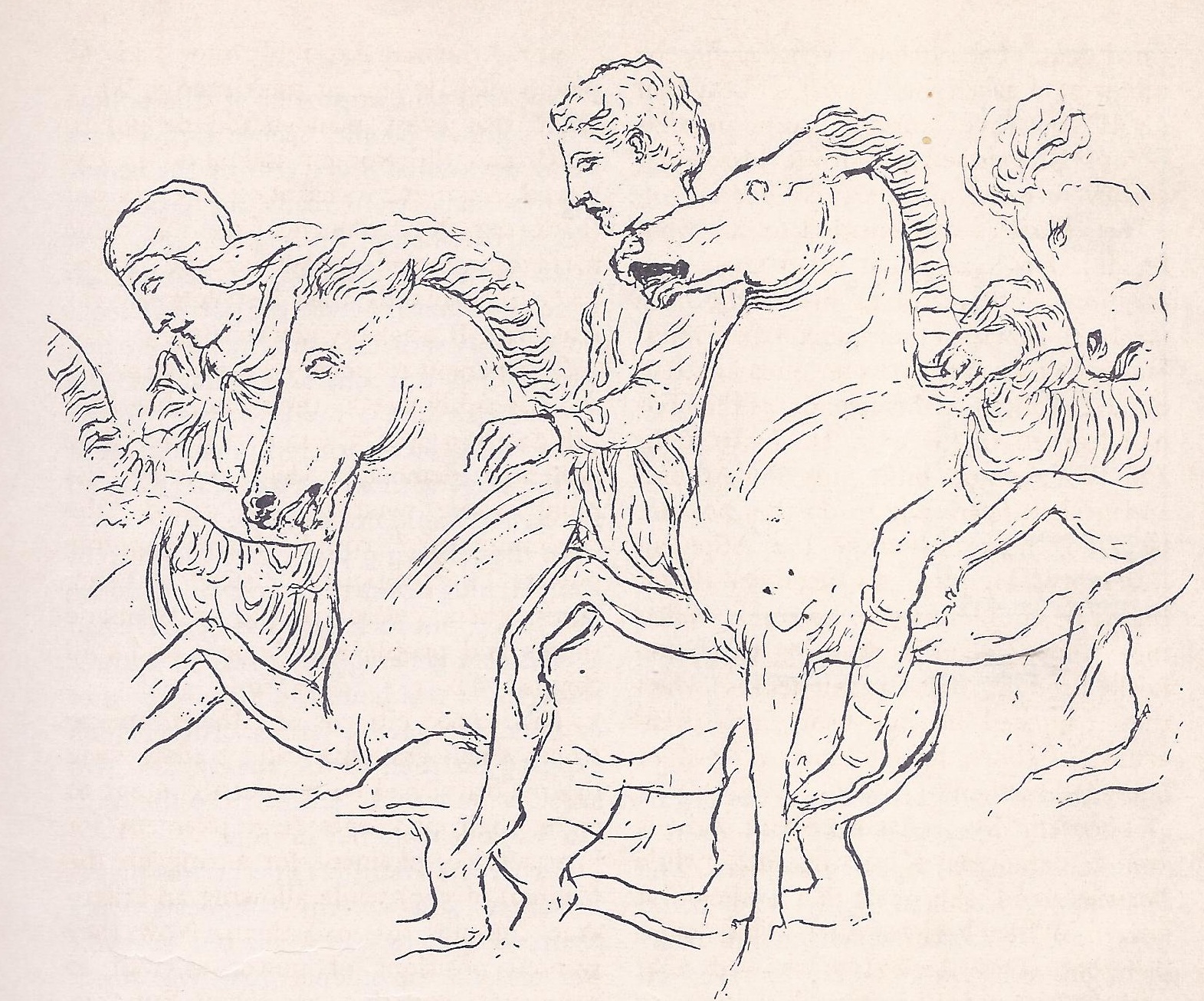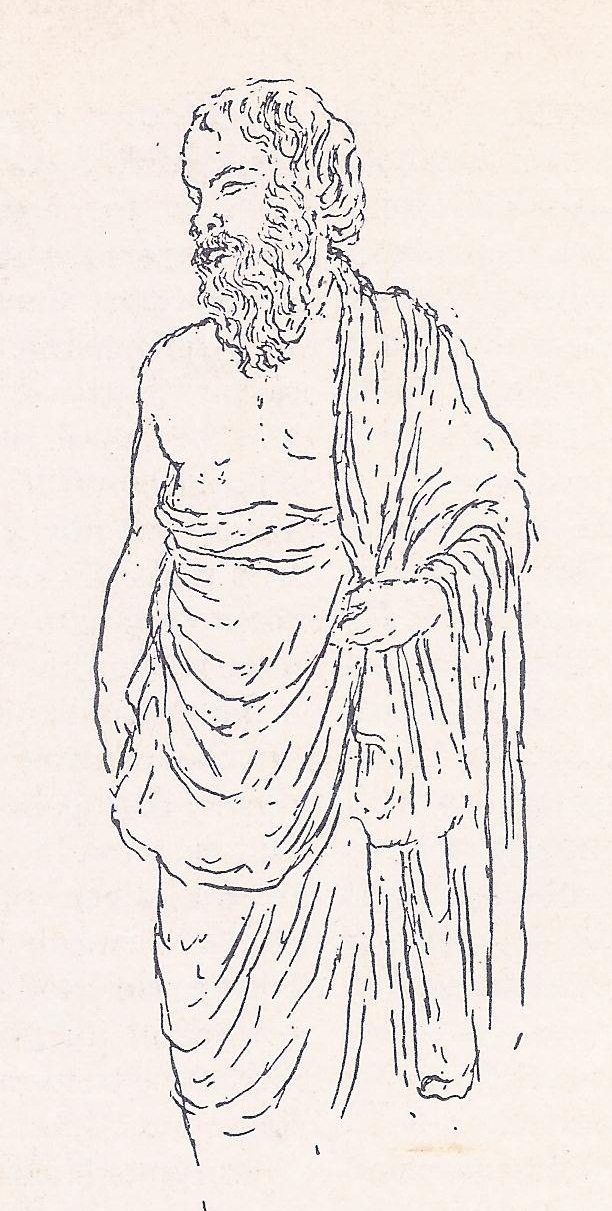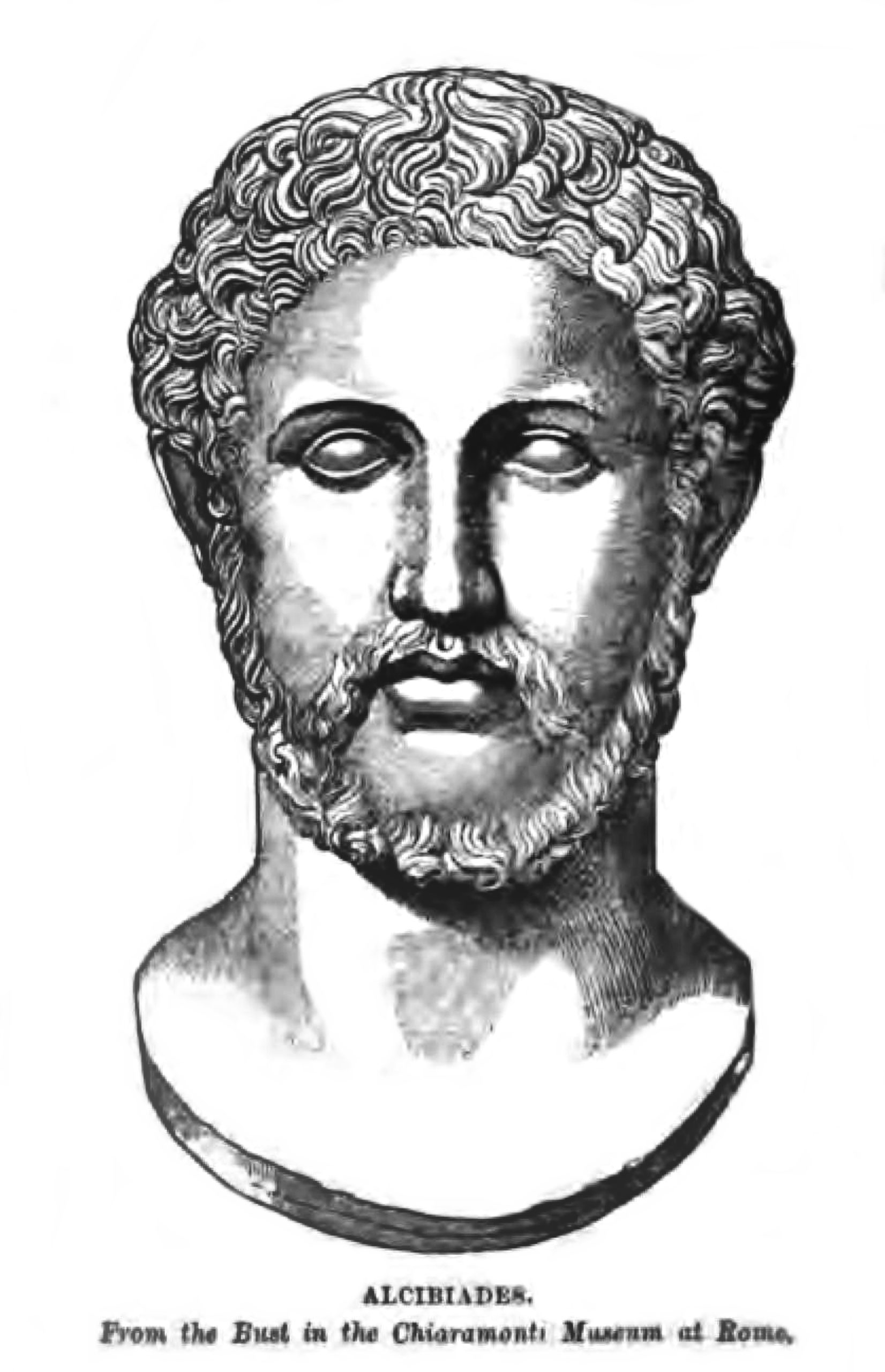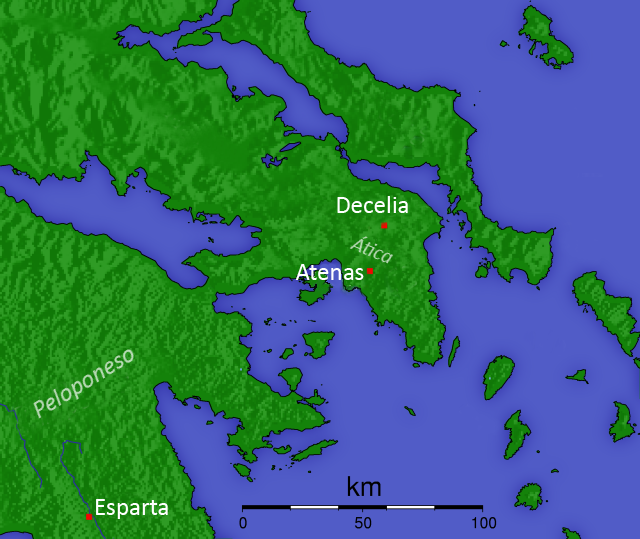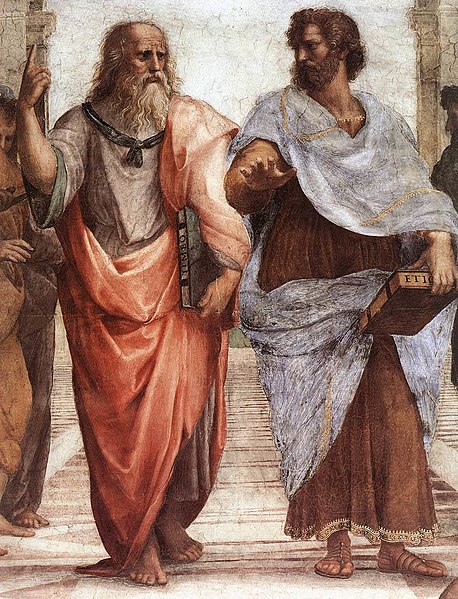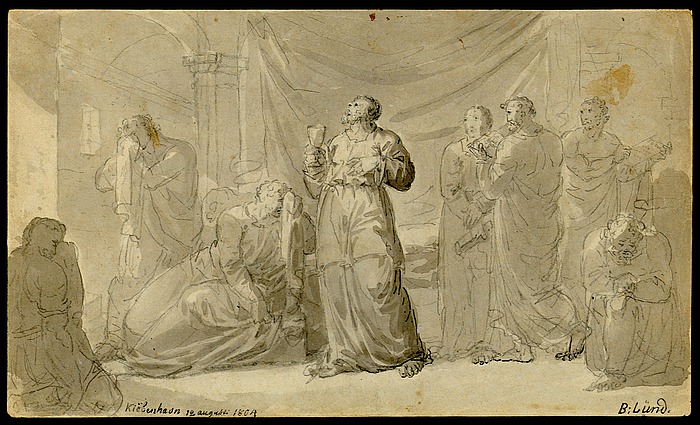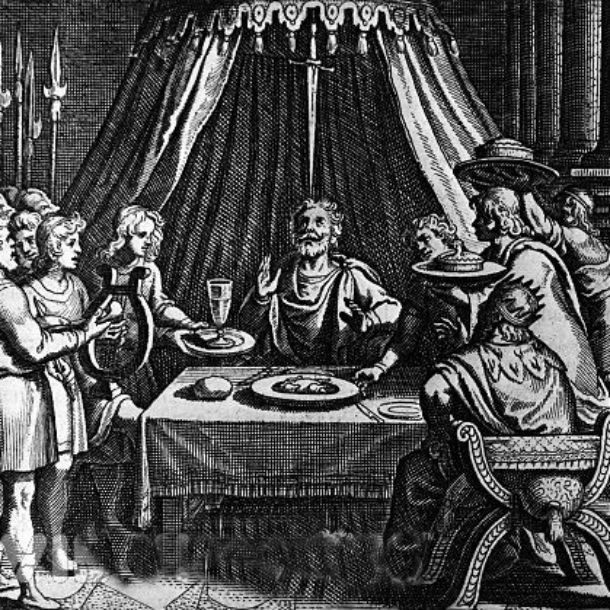Latest Posts
Lechfeld (955 A. D.)
Lechfeld, the battleground outside Augsburg on St. Lawrence’s day, 10 August 955 A. D., was highly significant for the whole
Cluny (950 – 955 A. D.)
Cluny, the Greatest Benedictine Abbey in Europe, was founded in 910. After the reign of the great Abd al-Rahman III,
Caliph of Cordova’s Library (950 A. D.)
Caliph of Cordova’s library, raised Cordova to its great eminence. It was Europe’s most glittering capital: a place where Moslems,
Early Civilizations to Modern Age
Greece and the World 323 B. C. – 250 B. C.
In the last years of the fourth century B. C., Greek citizens going about their business in the stoas or
The City of Aeneas 1000 B. C. – 500 B. C.
The minstrels who wandered from country to country in the ancient world told a legend of Aeneas, a Trojan prince.
City of Romulus B. C. 900 – 256
In the time when savage warriors roamed the plains and mountains of Italy, there stood on six low hills, just
Distant Past and New Challenges
Milestones of History
The Roman Republic is Reborn with Imperial Splendour (73 – 31 B.C.)
The happy judgment of the historian Polybius on the strength of the Roman constitution, because of its mixture of popular,
The Emperor Augustus (B.C. 31)
The assassination of Julius Caesar in 44 B.C. initiated thirteen years of bloodshed, during which the people who had plotted
Octavian and the New Roman Empire (B.C. 31 – 9 A.D.)
Octavian delivers the state from that was plunged into depression. A few weeks after January 1 in the year 29 B.C. the

